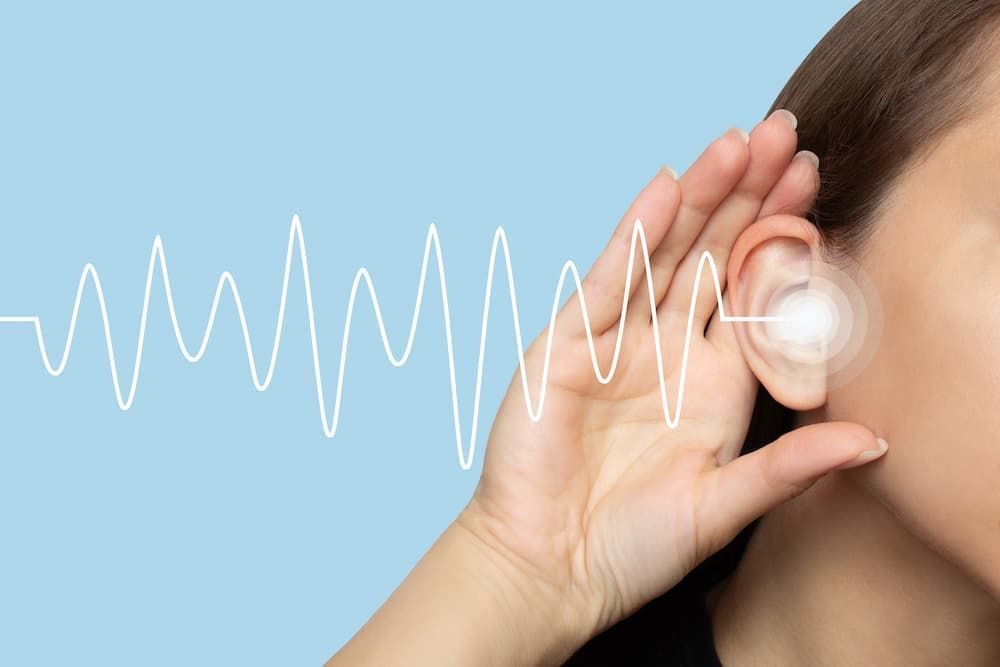Can Older People Still Perceive Musical Notes Perfectly?

Can Older People Still Perceive Musical Notes Perfectly?
 Throughout life, music plays an important role in individuals’ everyday experiences.
Throughout life, music plays an important role in individuals’ everyday experiences.
Presbycusis or age-related hearing loss is common in elderly people that occur because of natural neurodegenerative processes. It affects the cochlear receptor cells and brain circuits that are involved in auditory perception. Clinically, older people may have high-frequency hearing loss on both sides and reduced ability to understand speech. Using a hearing aid is the best way to deal with hearing loss at old age. However, you may wonder, if the ability to differentiate different notation of music changes too.
Can you enjoy music at old age?
Even though aging is associated with a decline in both cognitive and auditory abilities, whether aging damages music perception remains controversial. The question is, do you enjoy the harmony of different musical notes?
Harmony is the process when two or more notes are played at the same time. It is composed of simultaneously occurring frequencies, pitches (tones, notes), or chords and this is analyzed by hearing. When two musical notes are compatible, the musical chord is pleasing and evokes a sense of resolution or “consonance." A mix of different frequencies, on the other hand, might evoke a feeling of tension or “dissonance”. Harmony is a combination of this consonance and dissonance.
Even though anecdotal evidence suggests that harmony is enjoyed by the older population, interestingly, a study revealed that older listeners found consonant chords less pleasant compared to younger listeners and had less distinct neural representations of consonant and dissonant chords. Which means that there may be age-related differences in perception which is likely to be related to differences in neural temporal coding.
Despite aging, music perception is relatively spared. How does that happen?
Other studies, however, strongly suggest that the decline in music perception is relatively spared. Despite relying on auditory and cognitive abilities that tend to decline with age, it is likely that older adults engage in some form of a compensatory mechanism in the way the neurons in the brain processes music. Scientists have shown that the underlying mechanism to process music is very different between young and old but the ability to perceive it is similar.
Both could equally detect inconsistencies in music. Compared to the younger, the older person had reduced perception of amplitude but increased perception to detect out-of-key notes. This means that the perception of the tonal structure is preserved in older adults, despite aging.
 Music training and education are important factors
Music training and education are important factors
Evidence shows that if older individuals were musically trained, their perception of music was better than the untrained older individuals. Also, the level of education seemed to make a difference. Performance of temporal tasks, which includes enjoying musical notes, was better in highly educated older individuals.
This means that music training and education are important factors as they can slow the deterioration of music perception produced by age-related hearing loss.
Aging does not alter specificity to music
Further evidence on the age differences in music perception reveals that even though the young and old have differences in the perception of valence and arousal in music, there is no difference in perceiving musical notes. Valence means whether the music has a positive or negative effect, and arousal measures how calming or exciting the music is.
The study also found that there was no difference in perception of the quality of the music. This reiterates that with aging, music perception does not change.
If you are above 65, you may need a hearing aid due to aging, but you will still distinctly recognize and enjoy all the musical notes.
- Bones O, Plack CJ. Losing the Music: Aging Affects the Perception and Subcortical Neural Representation of Musical Harmony J Neurosci. 2015 Mar 4; 35(9): 4071–4080. doi: 10.1523/JNEUROSCI.3214-14.2015
- Lagrois ME, Peretz I and Zendel BR. Neurophysiological and Behavioral Differences between Older and Younger Adults When Processing Violations of Tonal Structure in Music. 2018; Front. Neurosci., https://doi.org/10.3389/fnins.2018.00054
- Moreno-Gómez FN, Guillermo Véliz G. et al Music Training and Education Slow the Deterioration of Music Perception Produced by Presbycusis in the Elderly: 2017; Front. Aging Neurosci., https://doi.org/10.3389/fnagi.2017.00149
- Cohrdes C, Wrzus C and Wald-Fuhrmann M. “The sound of affect”: Age differences in perceiving valence and arousal in music and their relation to music characteristics and momentary mood: 2018; https://doi.org/10.1177/1029864918765613
The information provided in this article is not meant to be medical advice and is for educational purposes only. If you would like to learn more about this and other hearing-related topics, feel free to contact Tinnitus & Hearing Center of Arizona by clicking here or by calling 480-831-6159.











